A home’s outdoor space can provide an oasis of relaxation during summer — a mini vacation from daily stress and an ideal venue for gathering friends. But with every backyard paradise comes a long list of potential risks. Now is a good time for some common-sense reminders about how to keep your yard as danger-free as possible.
GRILLING AND FOOD SAFETY
Larry Gaian, a Sacramento, Calif.-based writer and creator of the barbecue website Embers and Flame (www.embersand flame.com), has been blogging about grilling since 1997. But he began throwing meat on the pit long ago and knows that anyone can become careless around the ‘cue.
He once stepped on a hot charcoal briquette and melted a pair of eyeglasses when they fell into the fire.
He divides food safety into four categories: clean, separate, cook and chill.
• Clean: Thoroughly wash hands, cutting boards and utensils.
• Separate: Keep raw and ready-to-eat foods apart to prevent cross-contamination.
• Cook: Heating proteins to the correct temperature helps prevent food-borne illness. Gaian advised that chicken, which he calls the most difficult meat to grill, be cooked to an internal temperature of 165 degrees.
• Chill: After food is prepared, it should be eaten or chilled immediately. Having a cooler or refrigerator handy will keep leftovers and perishable foods from spoiling.
“Keep hot foods on the grill and cold foods in the cooler,” Gaian said. “Perishable foods should never sit out more than two hours, especially in the summer …”
Gaian said the grill brush can pose a risk. The metal bristles can come loose, get into food and be swallowed. Gaian said he does not often use a grill brush for this reason.
Instead, the grill expert said he uses a wet rag and tongs to wipe the grill while it’s hot. He’ll also cut an onion in half and grip it with a barbecue fork or tongs to clean the grill.
“A lot of people my age grew up with dads telling us the gunk on the grill is flavor,” he said. “But it’s really not. It’s gunk on the grill.”
Gaian further advised grillers to check that propane tank fittings are tight and free of rust and cracks. When lighting a gas grill, he said, open the lid so gas doesn’t build up inside. Always turn the gas off at the tank when finished. If using a charcoal grill, don’t use an excess of charcoal fluid and don’t spray fluid on hot coals.
“Use common sense,” he said. “In the summer, people like to grill with no shirt on, and grease can splatter. It’s really just being careful.”
Niko King, assistant chief of the Sacramento Fire Department, said the best way to contain an out-of-control barbecue flare-up is to put a lid on it, contain the fire and let the grease burn off.
One last tip? Allow coals to cool before disposal.
“One common mistake — and we’ll see these fires this summer — happens when people throw charcoal away when it’s still hot,” King said. “It will catch the garbage can on fire. You should wet charcoal down prior to disposing of it.”
POOL AND SWIMMING SAFETY
King, from the Sacramento Fire Department, said pool-related incidents are common backyard emergencies in the summer.
“Unfortunately, we have a lot of drownings here,” King said.
Secure barriers and self-latching gates can make all the difference with backyard pool safety, according Dr. Melissa Arca, pediatrician, blogger and mother of two.
Drowning-prevention features include access-limiting enclosures, self-closing and latching gates, pool covers that meet safety requirements, alarms and other protective measures.
Old-fashioned vigilance is also paramount. During summer gatherings, parents often assume someone else has an eye on children, Arca said. People also think they would notice if a child were drowning.
“The truth is drowning is silent,” Arca said. “It’s important for parents and watchers to know they can’t hear someone drowning, and they need to be watching.”
Arca advised choosing a “designated watcher” to keep an eye on pool activities during backyard parties.
Mike Geremia and Patty Roth, owners of Geremia Pools, also stressed the importance of constant supervision.
“Bring things outside that you might need,” Geremia said. “Bring a cooler so you don’t have to run in to grab drinks. Bring a portable phone.”
For both kids and adults, Geremia recommended that pools be at least 7½ feet deep for diving and 4½ feet deep for a slide.
“Just don’t take having a pool for granted,” Geremia said. “Be on your tiptoes and be alert. That’s all it takes.”
WILD ANIMAL AND PEST SAFETY
Paul Baumeister, owner of Master Pest Patrol, said homeowners should be aware of animals and pests that may live in yards and outdoor spaces.
Wasps, yellow jackets and bees are common backyard pests. While some insects can be exterminated with over-the-counter products, large numbers of yellow jackets can be dangerous. Also, bees should be protected.
“We don’t kill bees,” Baumeister said. “We try to save them as much as possible.”
Raccoons can be a concern, especially to pet owners. They can live under houses, destroy gardens and transmit rabies. Common signs of raccoons include holes in fences and scratch marks on trees and roofs.
Skunks also dig holes underneath houses and sheds. But they can’t climb over fences, Baumeister said, so making sure boards and supports are free of holes and entry points will usually keep them out of the yard.
Both species can be destructive. Discourage them from becoming long-term residents. Treat yards with repellent and call animal experts to help with any evictions.
Send questions/comments to the editors.

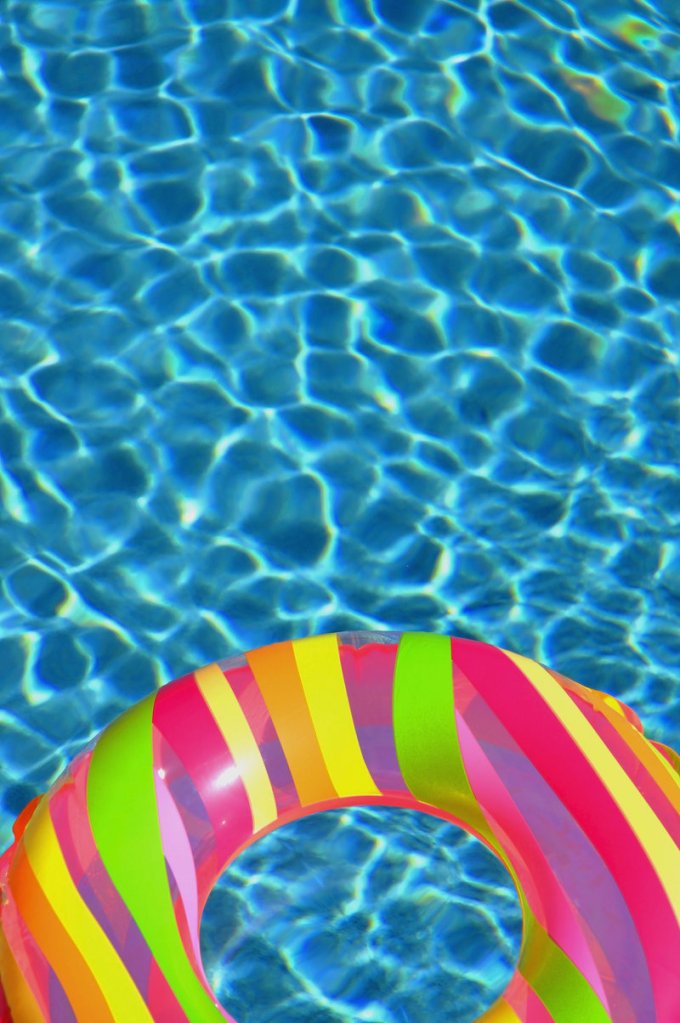
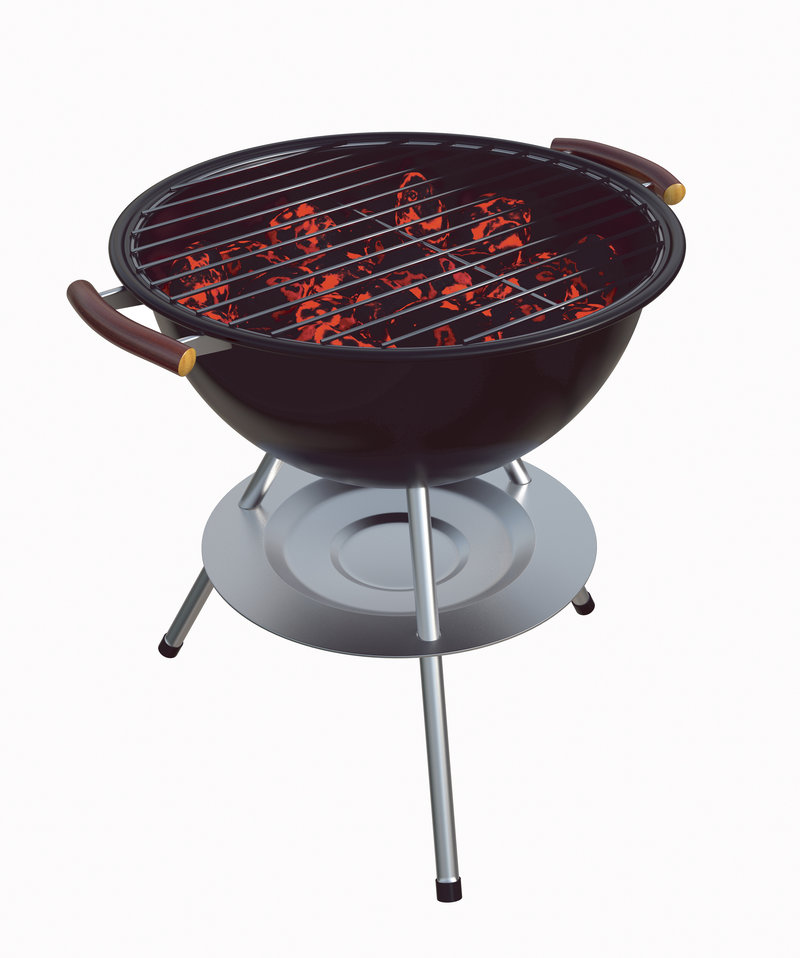
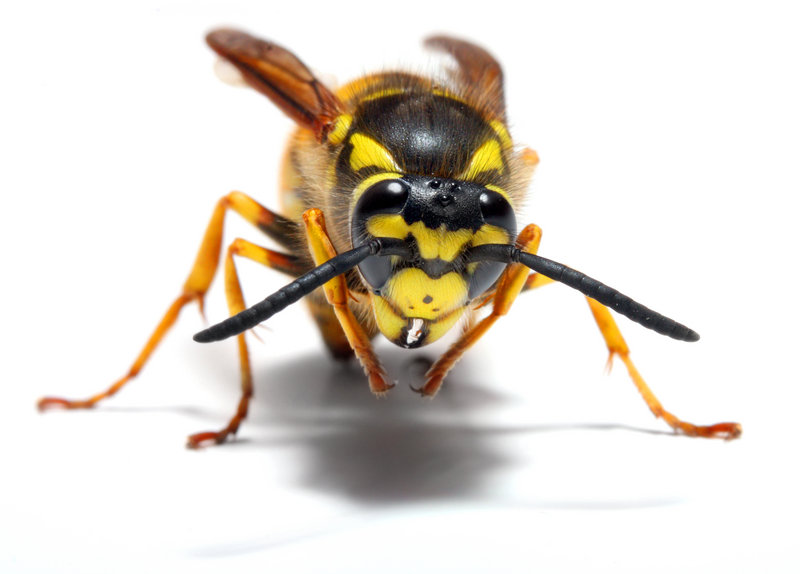
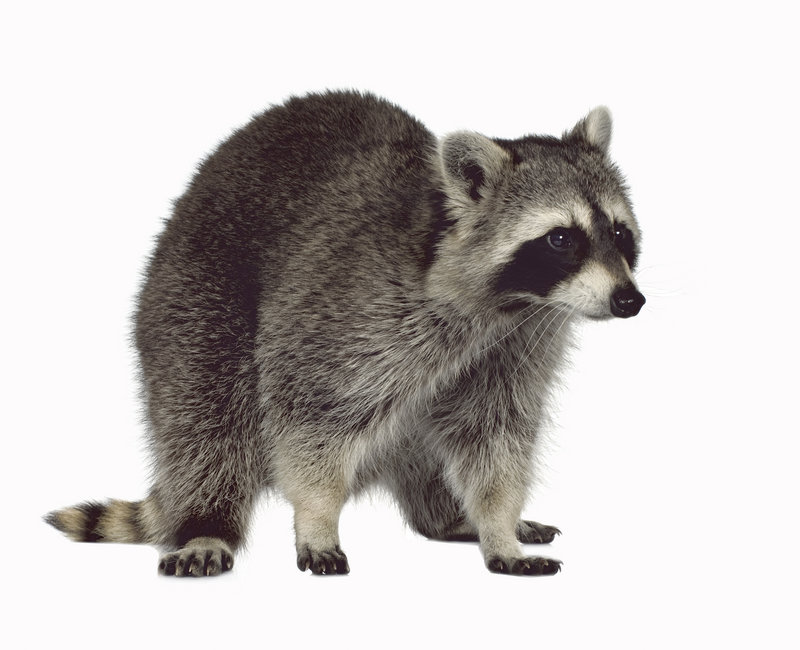
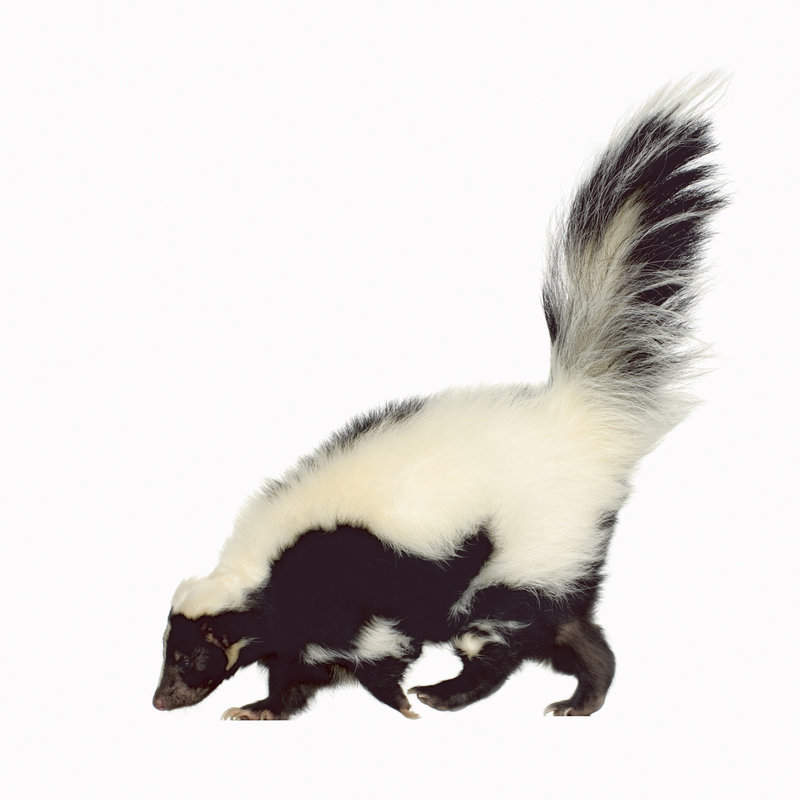

Success. Please wait for the page to reload. If the page does not reload within 5 seconds, please refresh the page.
Enter your email and password to access comments.
Hi, to comment on stories you must . This profile is in addition to your subscription and website login.
Already have a commenting profile? .
Invalid username/password.
Please check your email to confirm and complete your registration.
Only subscribers are eligible to post comments. Please subscribe or login first for digital access. Here’s why.
Use the form below to reset your password. When you've submitted your account email, we will send an email with a reset code.